The content of the publication
A comprehensive kindergarten program goes beyond teaching the basics like letters and numbers. It focuses on nurturing all aspects of a childs development, including academics, social skills and fostering creativity. This holistic approach involves using teaching methods that cater to each childs needs creating an engaging environment where learning is enjoyable. While often overlooked the way a child holds a crayon or the curiosity, in their eyes are indications of their growth— outcomes of a well designed curriculum. Young minds are eager to explore.
Our suggested kindergarten curriculum covers language arts, mathematics, handwriting, extra reading practice, literature studies, geography lessons and science activities. It presents a rounded early education experience by offering guidance and resources to enhance your childs educational journey.
Overview of Kindergarten Curriculums
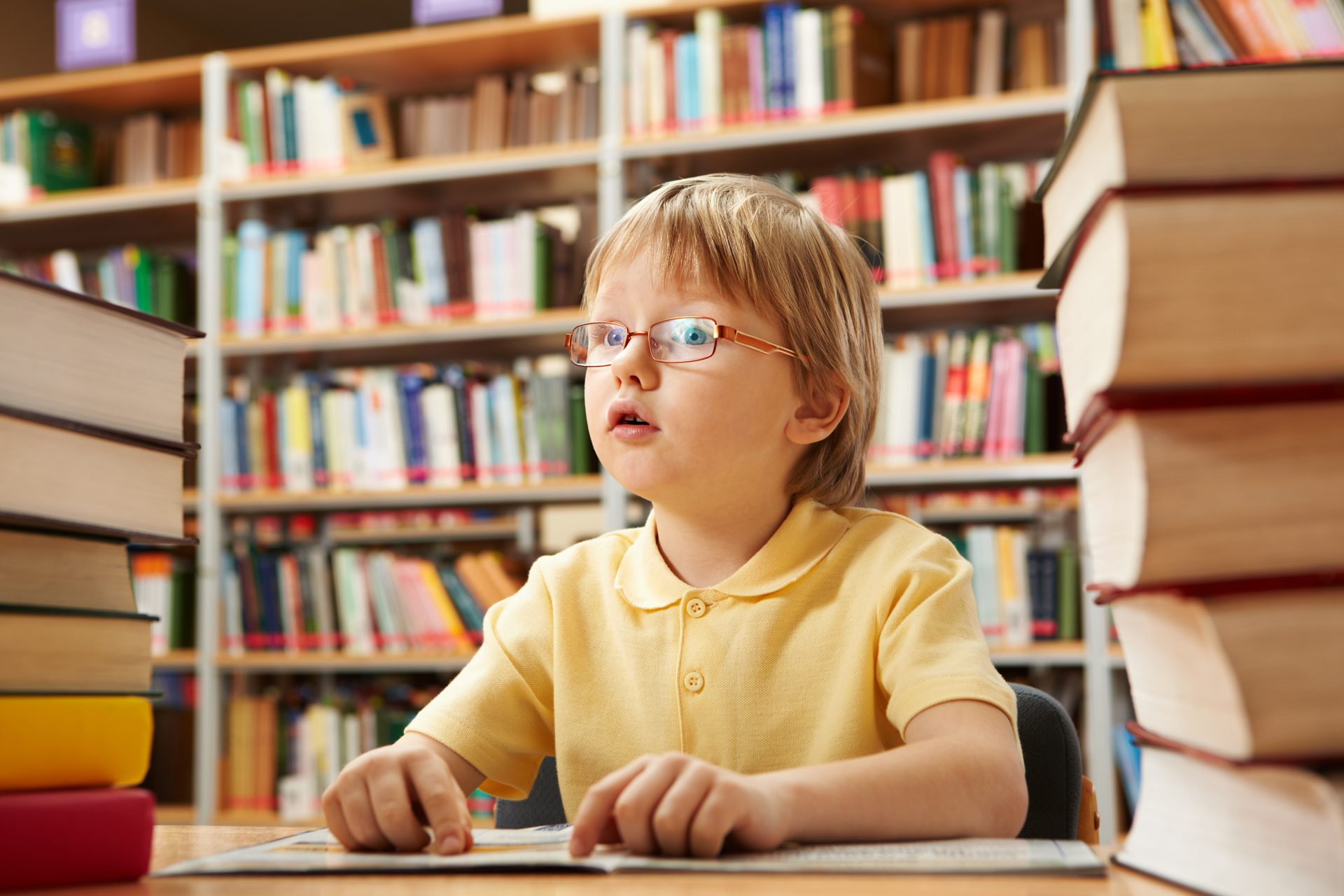
In the stages of your childs education the kindergarten program serves as a foundation, for their academic and personal achievements. It provides a range of learning opportunities that not support academic growth but also encourage positive social interactions. A crafted kindergarten curriculum promotes curiosity, nurtures imagination. Helps young learners develop important life skills.
Although kindergarten programs may vary in style across regions they typically include components. Reading and mathematics are aspects of the curriculum with a focus on building literacy skills like recognizing letters, phonics and basic math concepts such, as counting and simple addition. Science and social studies are also parts of the curriculum allowing students to engage in hands on activities exploring age subjects.
As much as academic development is vital, so too is social growth. Many kindergarten curriculums emphasize sharing and cooperation, developing critical soft skills such as communication and teamwork right from this early age. Creativity flourishes in many programs too, with art activities and music playing an integral role in fostering expression.
For teachers, one challenge is ensuring learning modules reflect varying learning styles to engage all students meaningfully. They often utilize a blend of structured lessons and interactive playtime to cater to different abilities. The top priority is to create a nurturing classroom. It should let students progress at their own pace. They should also develop a love for learning.
Tables are commonly used to organize the focus areas in a kindergarten curriculum:
Literacy – Letter recognition, phonics, reading
Math – Counting, number recognition, basic arithmetic
Science – Nature exploration, basic scientific inquiry
Social Studies – Community awareness, simple geography
Arts – Creative arts projects, music appreciation
Physical Activity – Basic motor skills, group games
This understanding gives parents peace of mind. It shows the kindergarten curriculum is well-rounded.
A robust kindergarten curriculum lays the foundation for lifelong learning well. It does this by emphasizing foundational knowledge. It also focuses on social and personal development. This is a vital beginning.
Core Subjects & Pedagogical Approaches
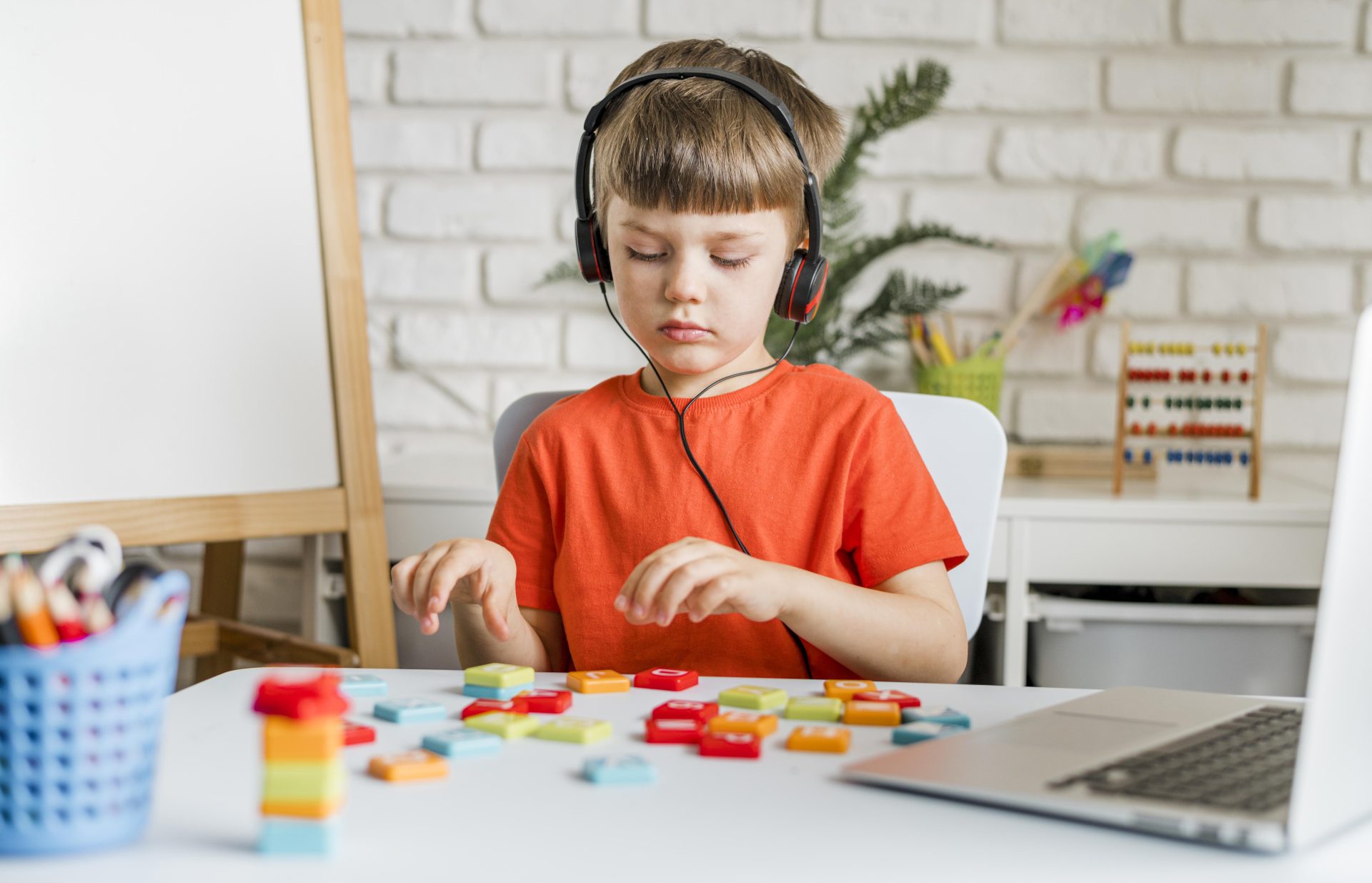

During the years of schooling young kids encounter a mix of subjects and teaching methods aimed at sparking their curiosity and fostering a passion, for education. Lets delve into some topics and instructional strategies that make up a kindergarten program.
Balanced Literacy
Reading, writing, speaking, and listening form the foundation of balanced literacy programs. These integrated programs aim to nurture language development and instill a passion for reading. Kindergarten teachers often utilize engaging storybooks, group reading activities, and creative writing exercises to enhance literacy comprehension. Activities such as storytelling, role-playing, and vocabulary games are incorporated into daily lessons to make learning enjoyable and interactive.
Inquiry-Based Learning
The inquiry-based learning methods prevalent in kindergarten include science, math, and social studies. This approach fosters curiosity and critical thinking skills by encouraging students to ask questions, explore topics independently, and derive knowledge from hands-on experiences. Interactive experiments, observation exercises, and group discussions are utilized to deepen students’ understanding and foster a sense of wonder and discovery.
Social-Emotional Learning
In kindergarten young kids gain a lot from learning (SEL) programs. These programs aim to foster empathy, self control, teamwork and positive social connections, among students. Methods like storytelling acting out roles and group tasks promote understanding and interpersonal abilities. By participating in these activities children build a base for intelligence and acquire essential life skills that enhance their happiness and achievements both in school and, in life.
By integrating these core subjects and pedagogical approaches into the kindergarten curriculum, educators create an enriching experience that focuses on holistic development—nurturing cognitive capabilities while fostering character building and emotional intelligence among young learners.
As we journey into early childhood education, let’s now turn to the pillars of math and language arts in kindergarten.
Math and Language Arts
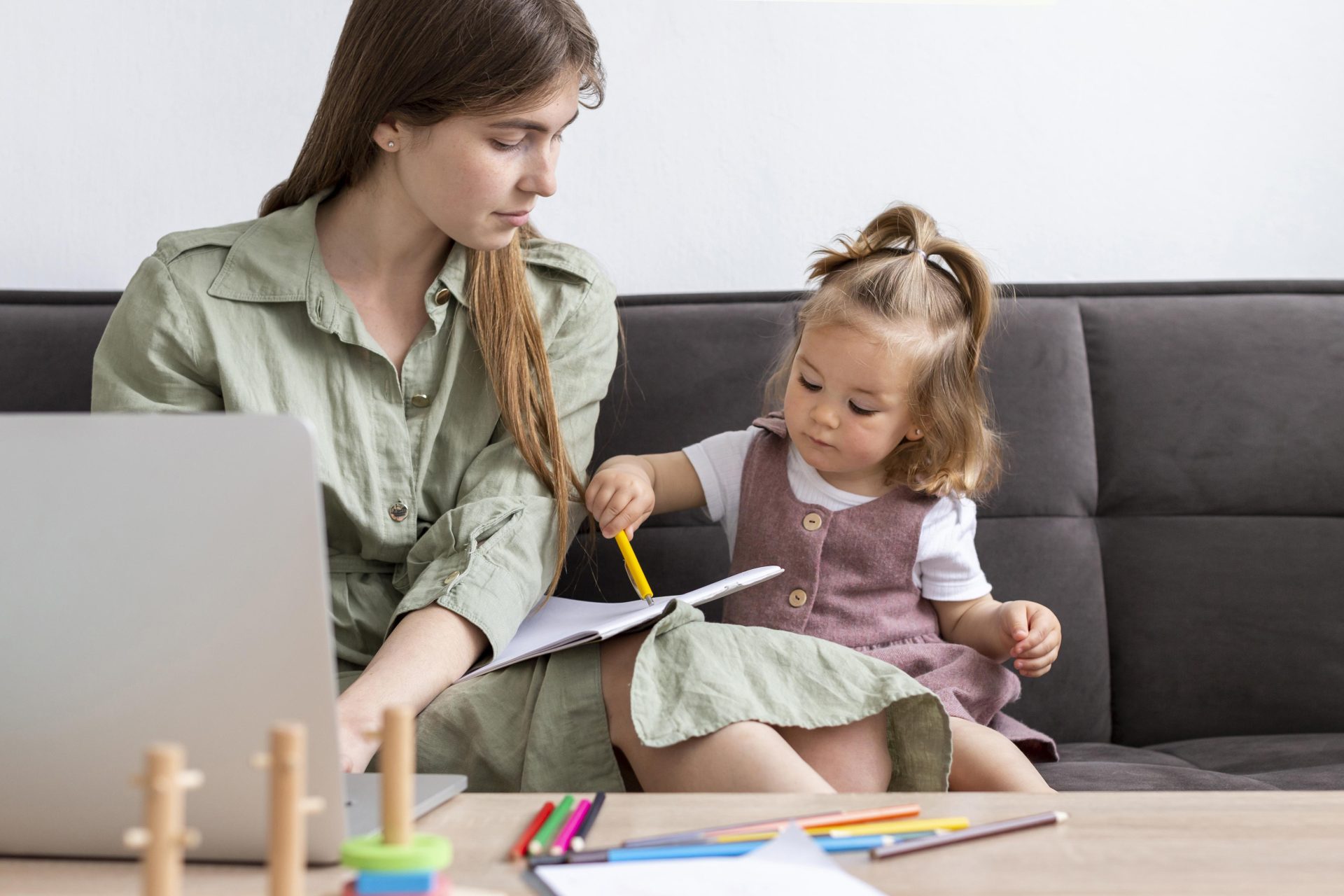
In kindergarten education developing skills, in math and reading is essential, for a childs development. To begin lets delve into the concepts that kindergarteners are taught.
Early Math Concepts
Kindergarten curriculums are designed to make learning math fun and interactive. Hands-on activities and games play a crucial role in introducing basic math concepts. By using these activities, little learners develop numeracy skills such as counting, recognizing shapes, and understanding patterns.
For instance, counting games with colorful objects or pictures not only teach children how to count but also help them develop a sense of number quantity. Recognizing shapes can be taught through engaging activities like building structures with blocks or identifying shapes in their environment. Understanding patterns can be introduced through fun exercises like creating simple ABAB patterns with everyday objects or colors. These hands-on experiences lay a strong foundation for mathematical thinking and problem-solving skills.
Phonics and Vocabulary
In kindergarten language arts phonics teaching plays a role. The main goal is to help kids understand the connection, between sounds and letters to enhance their awareness. Along with that there’s a focus on sight words. Words kids should recognize by sight than sounding them out. As part of early reading instruction.
Besides phonics and sight words building vocabulary is also an aspect of kindergarten language arts programs. Educators work on exposing children to words, through stories, songs and conversations to prepare them for reading and writing skills.
For example, educators use interactive read-aloud sessions where they engage children in discussions about the story and introduce new words in context. This not only enhances vocabulary but also fosters comprehension skills at an early age. Kindergarteners also learn to identify and understand words through context, pictures, and real-life experiences, which sets the stage for future reading comprehension.
Educators aim to integrate these concepts into the curriculum. They want to create a rich learning environment. It will nurture each child’s thinking and prepare them for a lifetime of learning.
As children move past kindergarten, they begin to learn about exciting subjects. These subjects ignite their curiosity and creativity. Now let’s step into the fascinating world of Science and Engineering.
Science and Engineering
During the years of schooling kids tend to show an interest, in the things happening around them. Science lessons during this period are designed to encourage this curiosity and sense of discovery by giving children chances to observe ask questions and make sense of occurrences. For example activities such as planting seeds and observing their growth or conducting experiments with water and ice not introduce fundamental scientific ideas but also inspire a sense of awe and amazement, about the world.
Children at this age are like little scientists, constantly observing, questioning, and experimenting. These exploratory science activities lay the groundwork for deeper learning and understanding in later grades, developing essential skills like observation, prediction, and categorization. Through these activities, kids learn to think critically, make connections between cause and effect, and begin to understand the natural world around them.
Science in Kindergarten is not just about memorizing facts; it’s about teaching kids how to think like a scientist—curious, observant, and always asking questions.
Introduction to Engineering: Building Little Problem-Solvers

When young children are presented with design tasks it helps them develop their problem solving and critical thinking abilities. Whether they’re constructing a structure, with blocks or inventing a gadget to complete a task these activities pave the way for grasping fundamental engineering principles.
By engaging in hands on projects that entail planning, designing and creating kids acquire the skills to tackle problems creatively within given boundaries. Simple assignments such as crafting a bridge using popsicle sticks or making a plaything from materials not only spark childrens imagination but also teach them how to approach tasks logically. These hands on experiences establish a groundwork for engineering concepts by enhancing awareness, logical reasoning and persistence, in solving problems.
For example, when kids are asked to build a boat out of aluminum foil that can float without sinking in water, they are not just having fun—they are learning about buoyancy through trial and error. This hands-on approach is key to igniting their interest in engineering from an early age.
Science and Engineering activities in Kindergarten start a life-long love of learning. They do so by fostering wonder, critical thinking, and creativity. These are essential for success in a changing world.
As we witness the natural curiosity harnessed into scientific exploration and creative problem-solving abilities at such a young age, it becomes evident that these formative experiences lay the groundwork for broader social and physical development. Let’s explore how these foundations shape kindergarteners. We’ll cover this in our next section.
Social and Physical Development
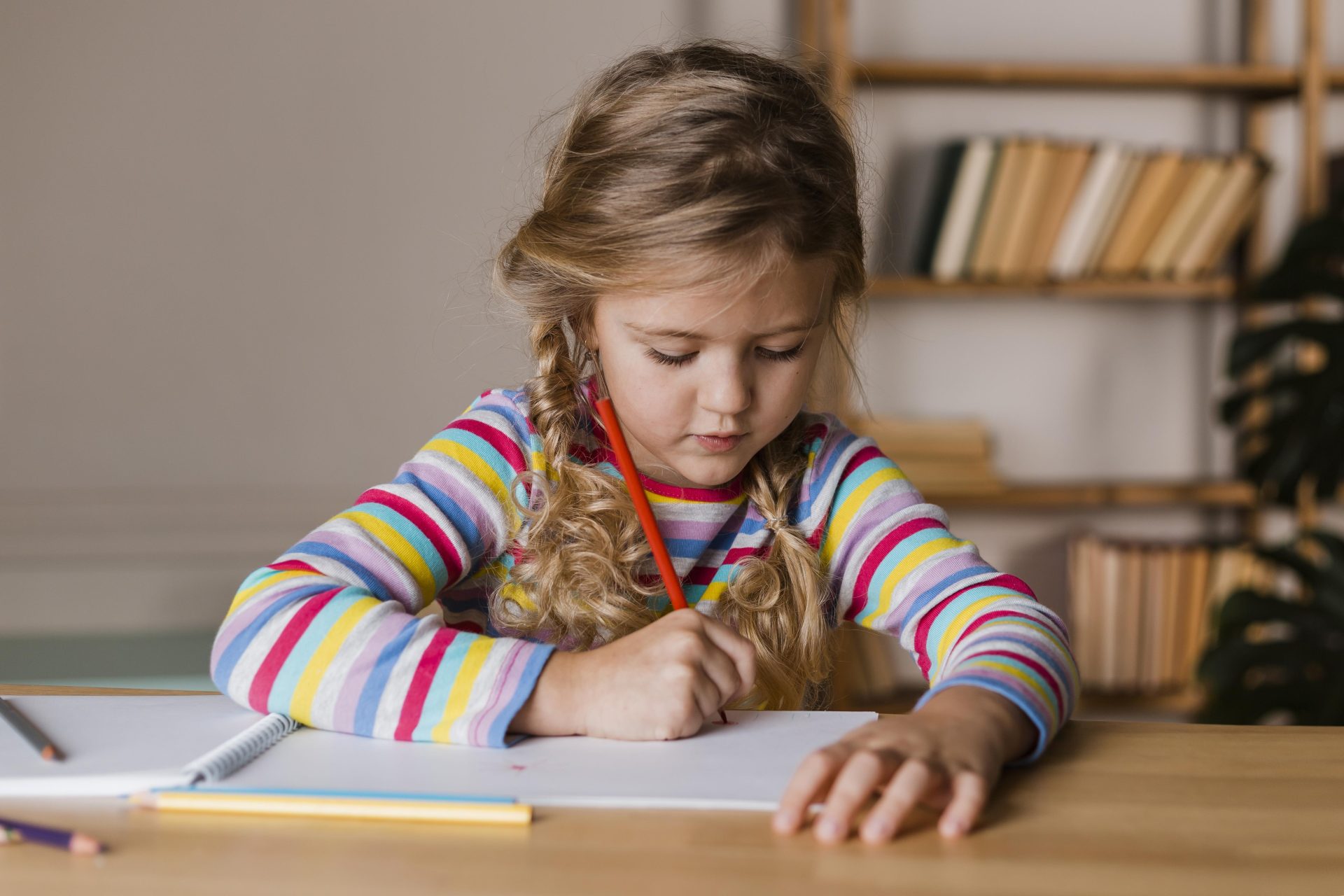
When kids start kindergarten they come with a variety of skills and personalities. Some are naturally outgoing while others may be more reserved, in situations. Kindergarten serves as a period for these children to develop their social abilities and understand how to interact with the world around them.
In the kindergarten setting students participate in activities that go beyond academics; it’s also about grasping the importance of sharing taking turns and resolving conflicts in a manner. These vital life skills are essential for children to cultivate relationships both at school, home and within their communities. By engaging in play based tasks and group projects teachers create an environment where kids can practice cooperation and effective communication, with their peers.
For instance, imagine a group activity where kids are building something together—a fort made of blocks. In this scenario, they’re using their gross motor skills to lift and move the blocks while also engaging in conflict resolution as they decide on what pieces to use, how to build their structure, and sharing ideas with one another.
Gross and Fine Motor Skills
Lets shift our focus from growth to development. In kindergarten children have the opportunity to enhance their abilities through engaging in play based exercises.
Gross motor skills pertain to the movements of the muscles, in the arms, legs and torso— for actions such as running, jumping, skipping or climbing. These activities support kids in developing strength and coordination. Conversely fine motor skills involve the muscle groups used for tasks, like writing, drawing, cutting with scissors or fastening their jackets.
A carefully designed curriculum allows them to engage in activities that promote both types of motor skills. For instance, a painting exercise isn’t just about creating art; it’s also helping them develop control over small movements as they paint shapes and lines.
Consider a class where kids are tasked with constructing sculptures from clay. They’re not just having fun; they’re also using their fine motor skills as they pinch, roll, press, and mold the clay into different shapes.
All these activities are part of the daily routine. They enrich the growth and development of kindergarteners. From nurturing budding friendships to refining physical dexterity, every aspect is meticulously crafted to set these young learners on a path of success both academically and socially.
Navigating through these early years is pivotal. They lay the foundation for fostering holistic development in kindergarteners. Now let’s transition into exploring the impactful world of play-based activities and assessments.
Play-Based Activities and Assessments
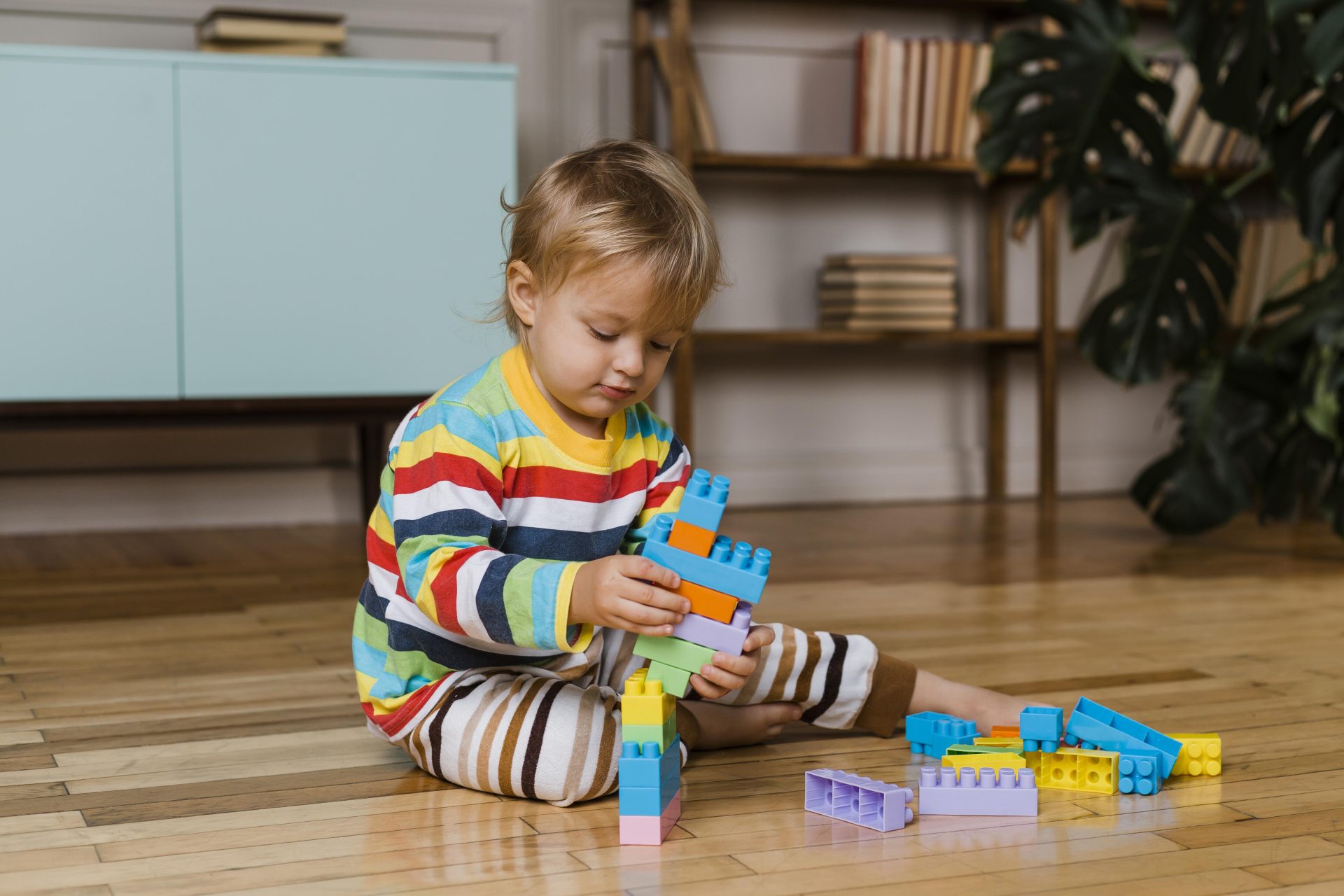
Play is where children often do their best learning. Through explorative, imaginative, and creative activities, they develop cognitive, emotional, and social skills. In a kindergarten setting, play-based activities form the backbone of the curriculum. These activities are not just fun and games; they’re carefully crafted opportunities for kids to engage with ideas, materials, and each other in ways that teach them about the world.
In simple terms, when kids play, they learn. They’re not only having a great time, but they are also discovering things about themselves and the world around them. For example, when children build with blocks or play in a sandpit, they’re learning about shapes, sizes, textures, and how things fit together. Even something as simple as role-playing helps them understand others’ views. It also helps them develop their language skills.
Assessing Progress through Play
Now that we’ve discussed the significance of play, in learning lets delve into how educators evaluate childrens progress through these play centered activities.
Various methods are employed to gauge the development of learners—observations provide insights into a childs engagement during play while portfolios showcase samples of their work across diverse activities. Standardized assessments offer an overview of their skills. Each approach aids teachers in adjusting lesson plans to cater to areas where students may require assistance.
For example if a teacher notices a child struggling with sharing, during playtime but excelling in tasks that involve creativity and imagination this observation can prompt them to emphasize social interaction exercises while incorporating plenty of activities into the curriculum.
Consider an observation method. An educator may notice a child showing signs of delayed social development. They see it through the child’s apprehensive behavior during group activities. This observation prompts tailored intervention through targeted group-play sessions and collaborative projects.
To sum up, play isn’t just play—it’s learning in action. The assessments of this learning are valuable tools. They help educators refine teaching methods and support each child’s growth.
In essence, fostering a love for learning at an early age sets the foundation for a lifelong journey of discovery and success. By using play-based activities and efficient assessment, educators can ensure that they nurture every child’s potential from the start.
Der zukünftige Erfolg Ihres Kindes ist unser oberstes Ziel bei Legacy Online School. Besuchen Sie unser Website um die vielen Möglichkeiten der Legacy-Onlineschule zu erkunden.
Informieren Sie sich über die Online-Schulprogramme von Legacy:
Die Grundschule der Legacy Online School Programm legt die Messlatte hoch. Dies ist eine hochwertige Ausbildung. Wir sind bestrebt, Neugier zu wecken. Wir bemühen uns auch, die Kreativität zu fördern. Wir bieten einen soliden Lehrplan. Unterstützt werden wir dabei von qualifizierten Pädagogen.
Legacy Online Mittelschule bietet digitale Bildung. Sie ist für Schüler der Mittelstufe gedacht. Die Schule ist stolz darauf, Live-Online-Kurse anzubieten, die von zertifizierten Lehrern unterrichtet werden. Der Unterricht findet online und interaktiv statt.
Legacy Online High School ist eine einzigartige Methode des Online-Lernens, die speziell für Oberstufenschüler entwickelt wurde. Sie kombiniert synchrones Lernen, ein breites Spektrum an pädagogischen Methoden und einen Schwerpunkt auf Zugänglichkeit.
Die Legacy-Onlineschule bietet das Beste Lehrplan
Unser strenger Lehrplan gewährleistet, dass die Absolventen gut auf Universitäten und Arbeitsplätze in der ganzen Welt vorbereitet sind. Darüber hinaus verbinden unsere dynamischen virtuellen Clubs Studierende auf der ganzen Welt.





